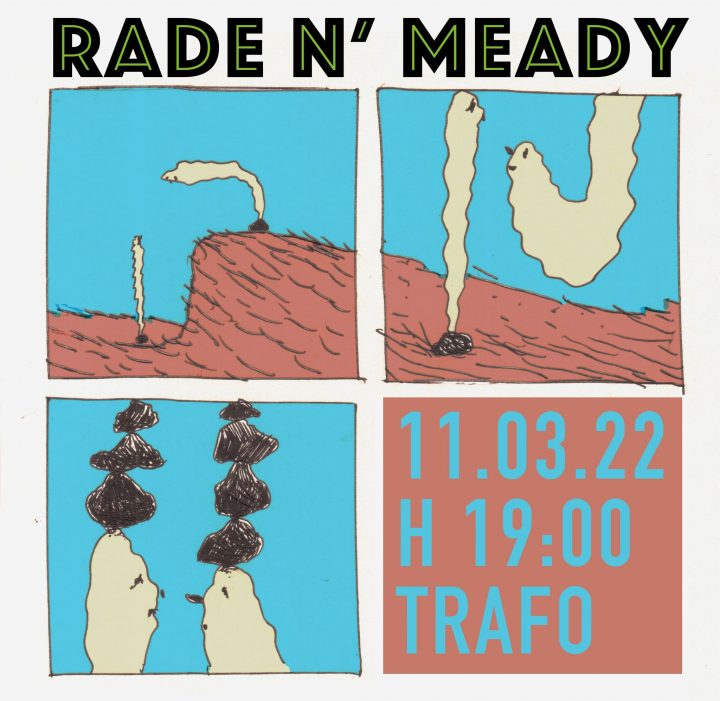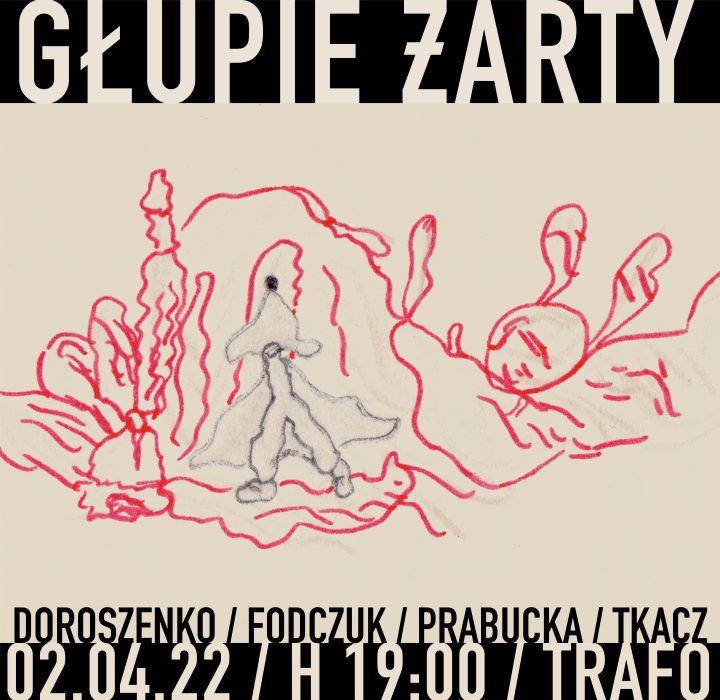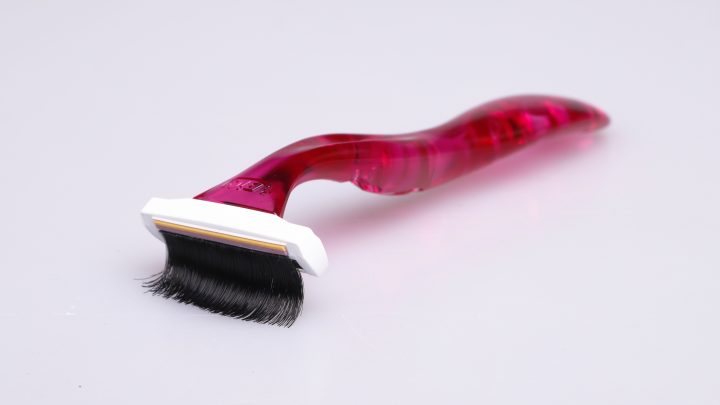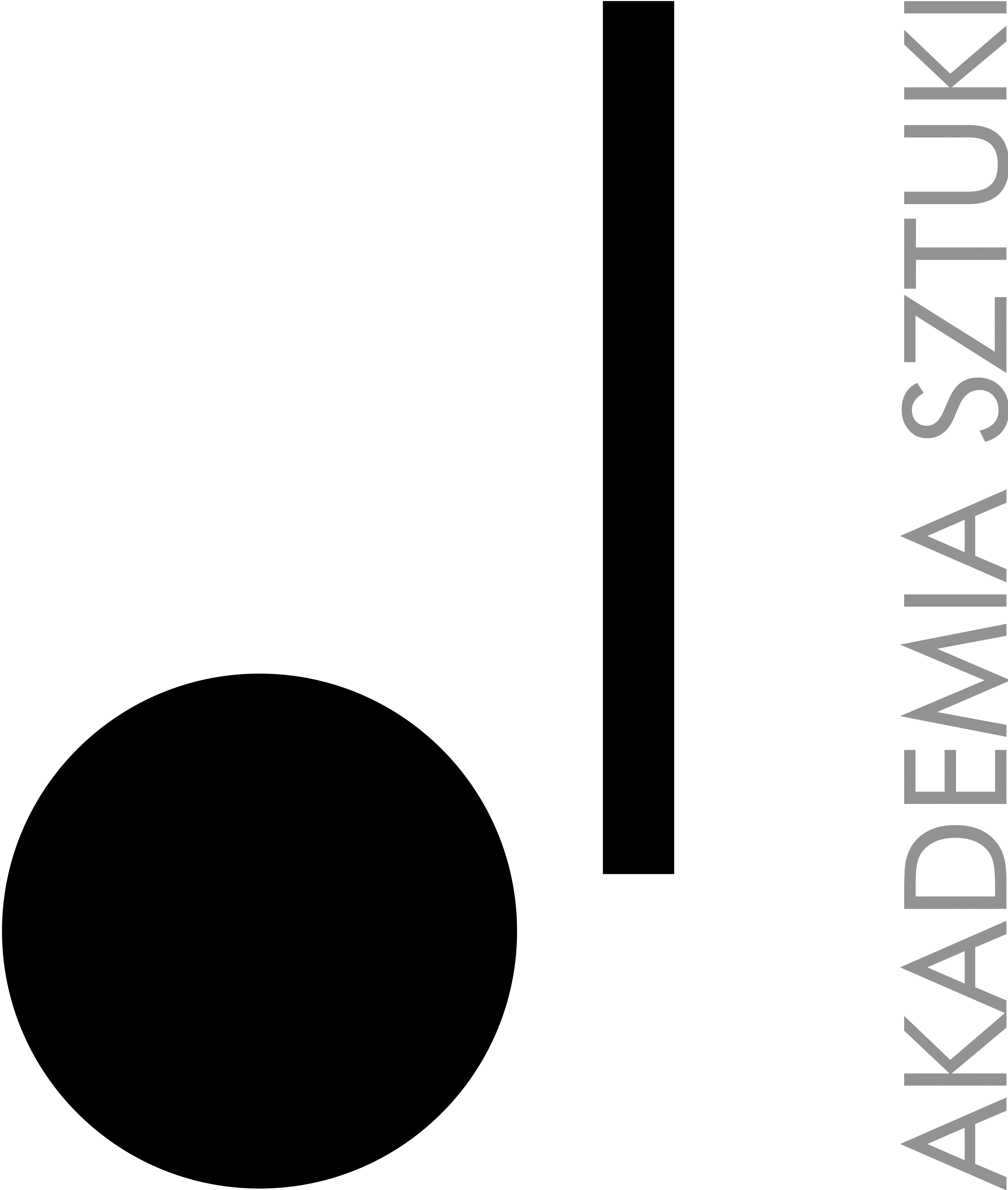For the last decade, Szczecin has witnessed a dynamic community development process in the circles of contemporary artists and art recipients. By relying equally on the cultural achievements of the past decades and the power of attracting external artists and cultural event managers to newly created institutions, it was possible to establish venues and centers of contemporary art that have gained national recognition. They have been smoothly incorporated into the creative landscape of the city, thus enriching its cultural image.
TRAFO Center for Contemporary Art strives to actively participate in the process of creating the art environment in Szczecin as well as to document and describe its activity on an ongoing basis, with last year’s exhibition “Whatever you come up with about yourself” being one of the examples. The show explored the potential of the artists affiliated with the city through their origin, biography, work or the subject of artistic research. The exhibition “Made [in] ready – Made [in] Szczecin” is a continuation of the above show, focusing on the theme of change in the process of artistic education within the past decade.
Artistic education is one of the areas affected by the avant-garde breakthrough of the early 20th century. How to teach art, when its value is no longer measured by the artistry of original performance, but by the critical and reflective potential of the artist’s gesture that changes the meaning of everyday objects? The exhibition shows the outcome of contemporary educational practices that focus on work with “ready-made” objects, actions and symbols. The above activities are coordinated by two artists and lecturers from the Academy of Art in Szczecin: Kamil Kuskowski and Dariusz Fodczuk.
Contemporary art education departed from the nineteenth-century academism a long time ago. It is currently based on different methods and assumptions. Something once seen as anarchy and foolishness has now been encapsulated in an institutional framework. It determines not only artistic prowess, but also the development of critical sensitivity. As a consequence, it allows for effective communication of important social or political problems, one of the key functions of art nowadays.
The aim of contemporary artistic education is to develop the skills of critical and analytical perception. The methods involve the training of uninhibited creativity and encouraging stubborn inquisitiveness. The world of art requires from its participants the agility of a chess knight that unexpectedly jumps onto empty fields that are scientific and political wastelands. Violation of the comfort zone – that is the apparent consesus on the position of everyday objects, human actions and ideological symbols – has its tradition: it refers to dadaism, conceptual art, visual turn and deconstruction.
The contemporary art studio resembles a laboratory experimenting with free and rebellious thought. An artwork created in such space is subject to evaluation from post-material perspectives. The limits of empathy – the foundation of contemporary art, begin with every human being and reach the spectrum of things, through the world of plants and animals. Such attitude towards objects and phenomena – attentive hearing, insight, openness, sensitivity – characterizes the creative activities of educators, graduates and students affiliated with the studio.
The Studio of Audiovisual and Performative Activities at the Academy of Art in Szczecin was established in 2010 by Kamil Kuskowski, PhD, DSc. The axis of its activities are considerations on the mutual relationship between image, sound and action (performative). A number of creative individuals have passed through the studio, both the teachers cooperating with Kamil Kuskowski and many students who have already managed to mark their presence in the field of visual arts. The curators of the exhibition are: Kamil Kuskowski, PhD, DSc and Dariusz Fodczuk, PhD.




